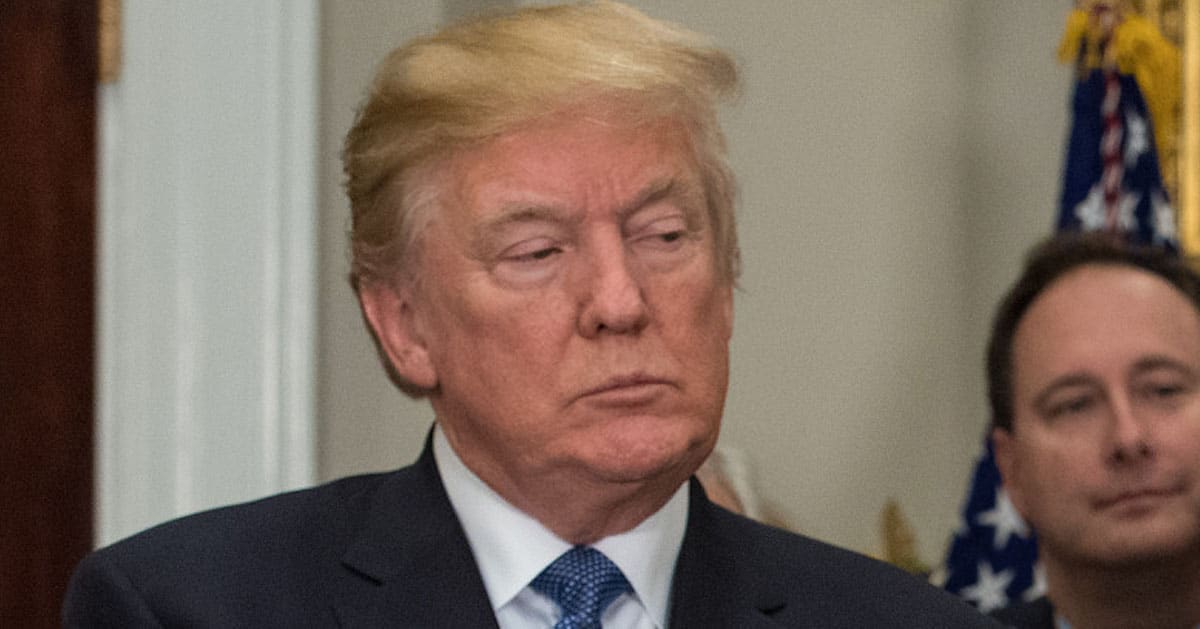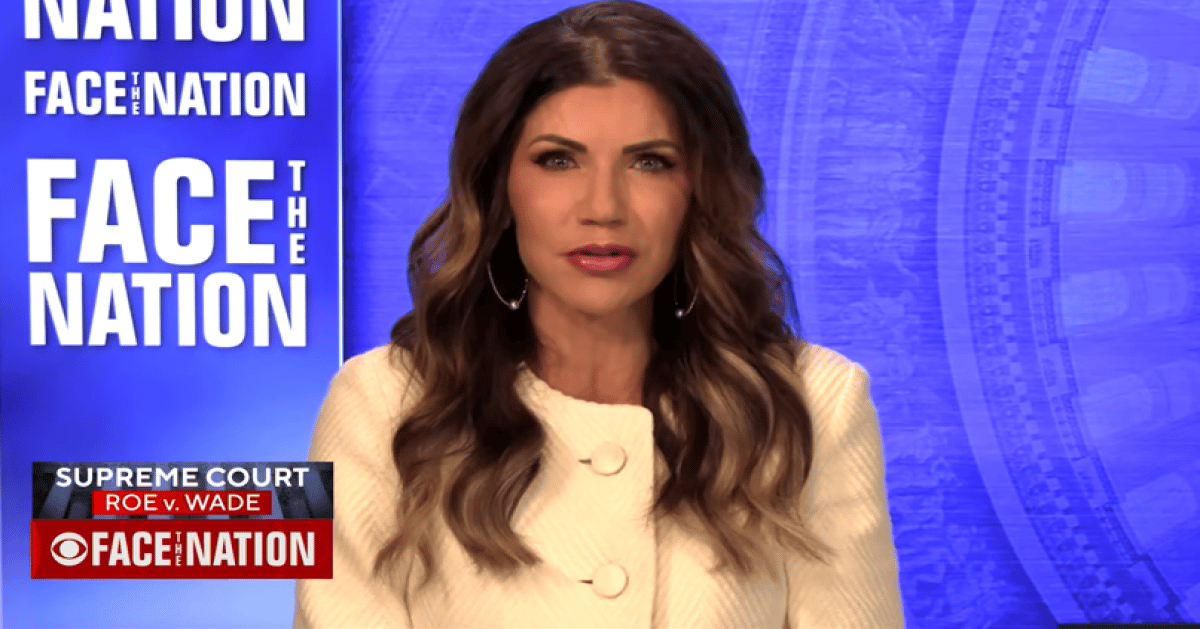





President Donald Trump is on the verge of saving TikTok in the U.S. with a deal that puts American interests first. This isn’t just about viral dances; it’s about securing our data from foreign overreach while keeping the app’s global appeal intact.
Fox News reported that President Trump is expected to approve a transformative agreement this week that ensures TikTok’s U.S. operations are majority-owned by American investors and safeguarded by cutting-edge data security measures.
This saga kicked off with serious national security worries over the Chinese government’s potential access to American user data through TikTok’s parent company, ByteDance.
Congress stepped in last year with a law banning apps controlled by foreign adversaries, signed by then-President Joe Biden, which took effect earlier this year. ByteDance’s refusal to sell outright led to a series of enforcement delays under Trump’s watch.
After taking office, Trump issued an initial 75-day delay in enforcing the ban, followed by another in April due to trade disputes stalling a deal. A further 90-day extension came in June, which just expired, pushing the urgency of this week’s expected decision. It’s been a long road, but America’s patience might finally pay off.
Under the proposed deal, TikTok’s U.S. operations will be managed by a new joint-venture company, with ByteDance holding less than 20% of the stock as mandated by law.
A board of seven directors, mostly U.S. citizens residing in America, will oversee this entity. Notably, ByteDance’s appointed board member won’t chair or join the data security committee—talk about keeping influence in check.
Enter Oracle, the tech giant tapped as TikTok’s trusted security partner alongside the U.S. government. Oracle will oversee everything from source code reviews to algorithm retraining, ensuring no foreign meddling slips through the cracks. If progressive tech utopians thought data privacy was just a buzzword, they’re in for a reality check with this level of scrutiny.
All U.S. user data will be stored in a secure, purpose-built cloud environment managed by Oracle right here on American soil. With perimeter controls and machine learning-driven gateways, this setup promises to block any foreign access—especially from certain powers across the Pacific. A senior White House official assured, “Foreign powers, like China, will not be able to access U.S. user data.”
Let’s unpack that quote for a second. It’s not just a promise; it’s a middle finger to any notion that American privacy is up for grabs. In a world obsessed with globalist connectivity, this deal draws a hard line in the digital sand.
TikTok’s algorithm in the U.S. will also get a complete overhaul, separated from ByteDance’s control and fully managed by the new joint venture.
ByteDance will lease a duplicate algorithm to the venture, but Oracle will retrain and monitor it to prevent manipulation or surveillance. This isn’t just a tech tweak; it’s a safeguard against foreign influence peddling.
Despite these changes, TikTok will remain a globally interoperable platform, letting U.S. users enjoy worldwide content without sacrificing security.
The U.S. joint venture will operate independently from TikTok’s international arms, policing harmful content through its own terms of service. It’s a balancing act—keeping the fun while ditching the risk.
Economically, preserving TikTok’s presence in the U.S. is projected to generate $178 billion in activity over the next four years. That’s not pocket change; it’s a lifeline for thousands of American jobs and businesses. While some might scoff at saving a “dance app,” the numbers don’t lie about its impact.
President Trump is expected to seal this with an Executive Order later this week, delaying enforcement of the foreign adversary app law for up to 120 days. This move buys time to finalize the agreement, ensuring all stakeholders are on board. It’s classic Trump—strategic patience with a focus on results.
Critics of the app ban might argue it’s overreach, but let’s be real: national security isn’t a game. When data becomes a weapon, protecting it isn’t optional—it’s imperative. This deal threads the needle between innovation and safeguarding our sovereignty.
For those worried about losing TikTok’s charm, the deal ensures the user experience won’t skip a beat. It’s a rare win in a tech landscape often dominated by policies that prioritize ideology over practicality. If this pulls through, it’s proof that America can innovate without bowing to foreign pressures.



